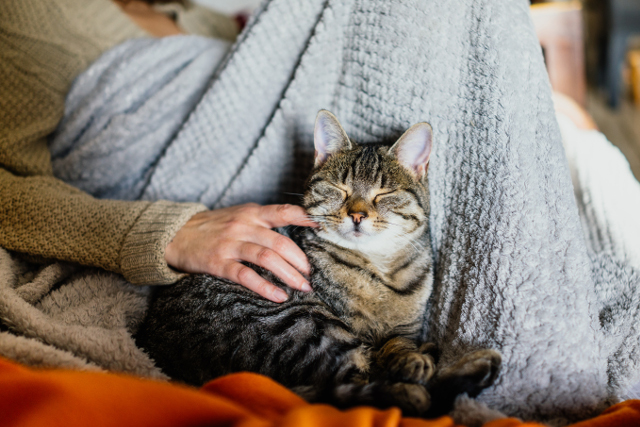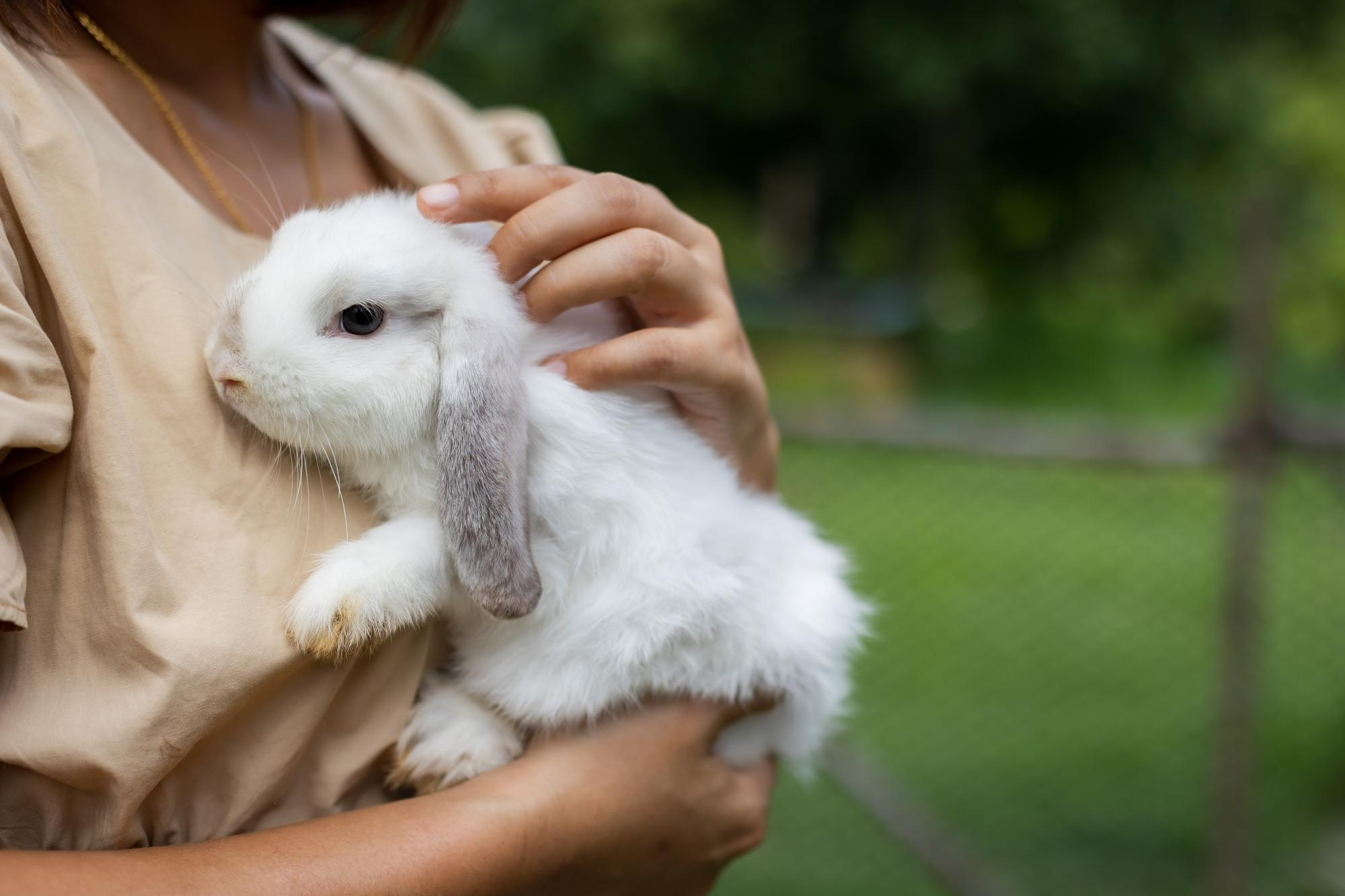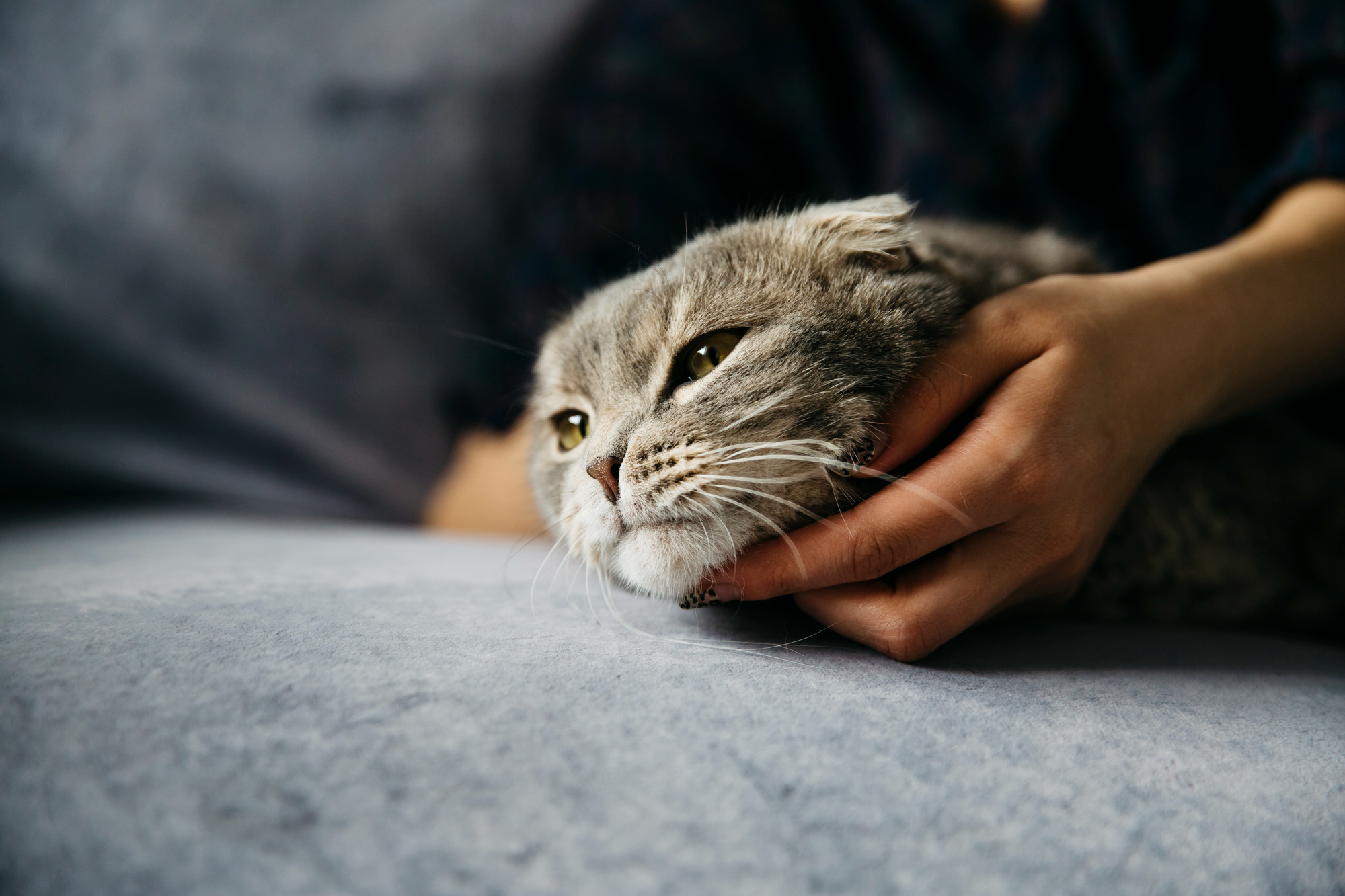Are you a cat owner? If so, then you likely prioritize their care at all times. Still, too many pet cats don’t get the proper care they need. Why is this the case?
There are several reasons cat owners might not provide their furry friend with the vet care they should, and these few are the most common.
Not all owners understand that cats need checkups
Too often, people decide that cats don’t need that much veterinary care in order to stay healthy and happy. Some owners truly buy into the myth that ‘cats can take care of themselves,’ and assume that due to their independent nature, vet visits aren’t really necessary.
Some people are more familiar with caring for dogs, who generally are more engaged with their owners and make it more obvious when they’re unwell. Some people assume that, because they don’t see this behaviour in a cat, everything is fine.
While this idea is completely incorrect, it’s easy to see why some people believe in it. Before they were domesticated, cats were some of the most dangerous predators in their environment. The only time this status would be threatened is if they were sick or injured. For this reason, cats have evolved to hide signs of poor health.
This means that if you don’t look carefully, you could be overlooking a serious health issue. And often, an untrained eye simply can’t detect issues. That’s why taking your cat into your vet is essential, not only when you discover health problems, but also on a routine, proactive basis.
Vaccines are sometimes forgotten or neglected
Vaccines are an effective and extremely safe way to protect your cat from a number of painful, life-altering, or even deadly conditions and illnesses. In many places, vaccines like rabies shots are required by law, since an infected animal can pass on the disease to others (or even humans). However, if you don’t take your cat to the veterinarian, you won’t have the opportunity to get them vaccinated.
Another vaccine that every cat should have is called the ‘core vaccine,’ which actually protects against four separate illnesses: feline viral rhinotracheitis, calicivirus, feline chlamydiosis, and panleukopenia.
Depending on where you’re located, your veterinarian will give recommendations for other vaccines or preventative medications to keep your cat safe. But the first step will always be receiving that professional care, as nothing can replace the years of training, education, and knowledge they’ve accumulated.
Some owners don’t know how often to take their cat to the vet
As we mentioned before, cats strive to appear content and in control at all times thanks to their instincts. This means that if you’re waiting to see something visibly wrong with your cat before taking them to the veterinarian, it might be too late by the time you do.
It’s important to schedule regular check-ups with your vet to ensure problems are caught before they become more serious. While there are signs to look out for, such as your cat hiding, refusing to eat, or scratching or hissing when being touched, it’s more likely that you won’t notice anything at all.
That’s why preemptive check-ups at the vet are so important. Your vet will recommend their own schedule for checkups. Typically, they’ll bring you in every six to twelve months, but this can vary depending on your cat’s health and your vet’s approach.
What you need to know about vet care for your cat throughout their life
As your cat ages, their needs will change slightly from stage to stage. A kitten doesn’t receive the same vet care as a senior cat, for instance. Here’s what typical vet care will look like for a cat’s different ages:
Kittens – New kittens should visit the vet once a month for the first four months so they can receive their vaccinations and be protected from common and potentially dangerous feline illnesses. They can also be treated for any problems that may appear early in life. Around six months, kittens should be neutered or spayed as part of their healthcare, and should be brought in for another checkup when they are a year old.
Adult Cats – Every six to twelve months adult cats should be taken to the vet for checkups even though they appear healthy. If any problems surface, treatment can begin right away.
Senior Cats – Cats are considered senior when they are seven to ten years old. As they age, cats can suffer from the problems of elderly cats such as obesity, or adverse kidney or liver conditions, and it is important to have veterinarian checkups at least twice a year to note and treat or monitor any health problems.
As well as taking your cat to the vet if he or she exhibits behaviour suggesting an illness or an injury, be sure and schedule regular visits in case there are problems that he or she has successfully concealed from you, the loving owner.
So, now you know why some pet cats don’t get the veterinarian care they need and why it is important that they receive it.
Even though your cat appears to be self-sufficient and content, it is the regular checkups by a veterinarian and the protection of vaccines that will enable your little pet to live the long, happy, and healthy life that you want for him or her.
Creative Commons Attribution: Permission is granted to repost this article in its entirety with credit to Hastings Veterinary Hospital and a clickable link back to this page.






